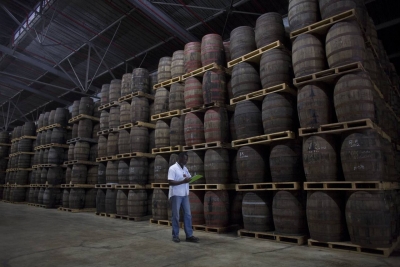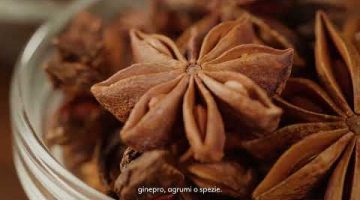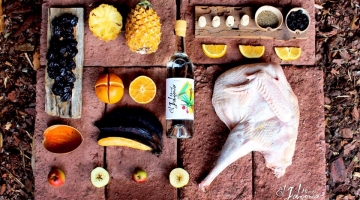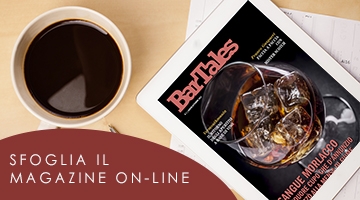The U.S. Patent and Trademark Office this week awarded a trademark for Havana Club rum—Cuba’s most famous brand—to the Cuban government, reversing a policy that denied Havana rights to the brand in the U.S.
The move is expected to reignite longstanding tension between Bacardi Ltd. and the Cuban government.
Privately held Bacardi has been selling Havana Club branded rum in the U.S. since 1994. The company acquired the U.S. rights from Havana Club’s founding family, who fled Cuba around 1960 after the brand was seized by the government. Bacardi’s Havana Club rum is made in Puerto Rico due to the U.S. economic embargo.
Pernod Ricard SA, which has a joint venture with the Cuban government, has been selling a Cuban-made version of the rum outside the U.S.
The Patent Office’s decision could open a new battle for the future of the U.S. rum market by allowing the Cuban government to sell Cuban-made Havana Club in the U.S. for the first time in decades once the U.S. embargo is lifted.
Bacardi Executive Vice President of External Affairs Rick Wilson said the company would “take every means available to fight [the decision],” including litigation. “It’s appalling that this administration goes ahead and grants this license to the Cuban government for assets that were confiscated,” he said of the Obama administration.
ENLARGE
Pernod Ricard has the rights to sell Havana Club outside the U.S. PHOTO: CHRISTOPHE MORIN/BLOOMBERG
The Patent Office, which issued a document reviewed by The Wall Street Journal confirming the award, said it doesn’t comment on trademark applications.
Pernod Ricard said that Cubaexport, the Cuban entity that applied for the U.S. trademark for Havana Club, received a trademark license for 15 days, which is when the trademark was slated to lapse.
The company has applied for a 10-year extension of its trademark through 2026 and expects to receive it. A spokesman said the decision doesn’t have “any business impact because of the embargo,” which prevents it from selling Cuban-made rum in the U.S.
Havana Club was Cuba’s second-largest rum brand at the time of the 1959 revolution behind Bacardi. The Bacardi family was able to continue to make its rum after the revolution because they had distilleries in Puerto Rico and Mexico, Mr. Wilson said, but Havana Club’s founding family—the Arechabalas—only operated in Cuba. So the Arechabala family’s distilleries were nationalized.
The Arechabala family failed to renew its trademark registration for Havana Club in 1973, according to Pernod Ricard. Three years later, the Cuban government secured a trademark for the brand.
It joined with Paris-based Pernod Ricard in 1993 to handle sales of the brand world-wide, according to Pernod Ricard’s account of what happened.
Bacardi began contesting the trademark in 1994 and argued the Arechabala family never abandoned its trademark rights. It has battled with the Cuban government and Pernod Ricard, which sells about 4 million 9-liter cases of Havana Club outside the U.S. a year.
The trademark dispute appeared to be coming to an end around 2006. Because of the embargo, the Cuban government needs permission from the U.S. Treasury’s Office of Foreign Assets Control about every 10 years to pay to renew its trademark license. In 2006, the office denied its request saying it “would be inconsistent with U.S. policy to issue a specific license authorizing transactions related to the renewal of the Havana Club trademark.”
Pernod Ricard filed suit in Delaware against Bacardi, arguing it couldn’t sell Havana Club in the U.S. because it would be misleading, Mr. Wilson said.
A few years later, the U.S. Court of Appeals in Philadelphia ruled in favor of Bacardi’s right to sell a Puerto Rican-made version of the rum in the U.S. When the Supreme Court declined to take up the case in 2012, it appeared the long-standing battle had ended. But on Monday, the Treasury reversed course, allowing the Cuban government to apply and receive the Havana Club trademark.
Pernod Ricard and Bacardi executives said ownership of the brand will ultimately be decided in court. “It will be another battle,” Mr. Wilson said.
THANKS TO :http://www.wsj.com/articles/cuban-government-granted-a-u-s-trademark-for...
















